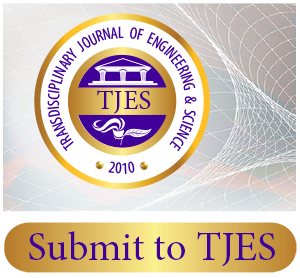Deriving Manageable Transdisciplinary Research Models for Complicated Problematics Associated with Next-Generation Cyber-Physical Systems: Part 2 - Elaboration and Deployment
Abstract
This second Part of the paper (i) develops a detailed procedural model for handling complicated research problematics, (ii) transfers the procedural framework into a scenario of processing steps, (iii) demonstrates the deployment of the procedural scenario in a sample case, and (iv) addresses some important issues of research model development for supradisciplinary research. First, the framework called Holistic Systematic Combinatorial Scoping (HSCS) is introduced that comprises 21 subsequent activity steps. To illustrate the practical application of the HSCS framework, a demonstrative case study of preventing frequently occurring accidents at an uncontrolled intersection is presented. This case-study explains how the HSCS framework can facilitate (i) semantic capturing and rendering of complicated research problematics, (ii) scoping the overall research problematics and constructing definitive research problematics, and (iii) deriving a manageable research model of definitive research problematics. Further research intends to test the methodology by transdisciplinary research collectives and other CPSs related problematics.


